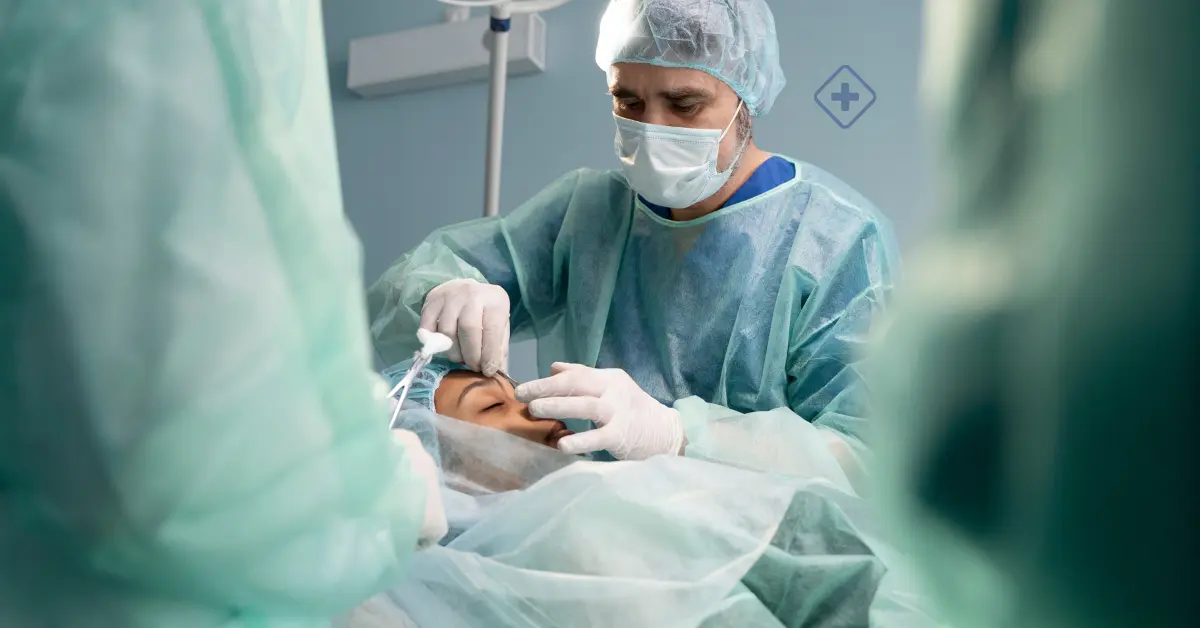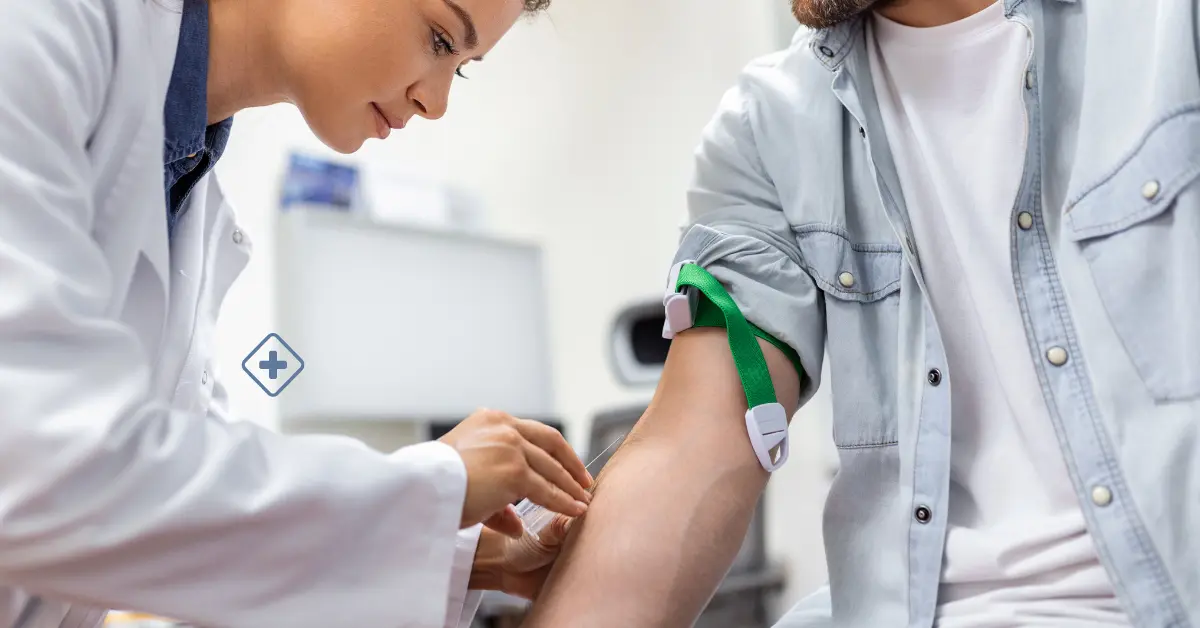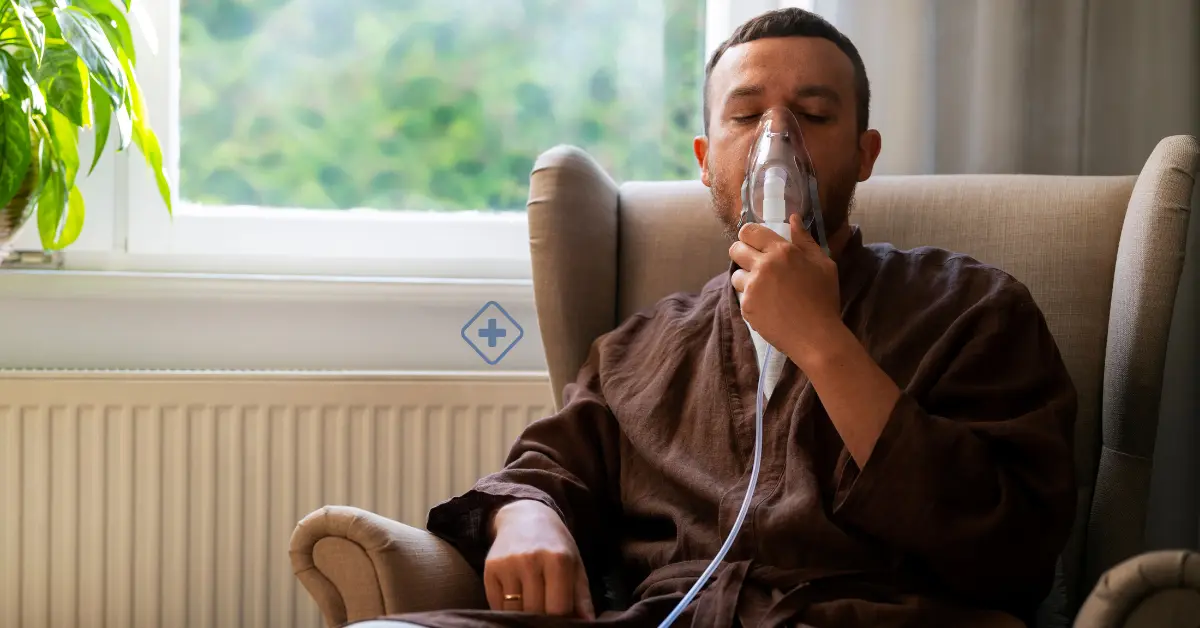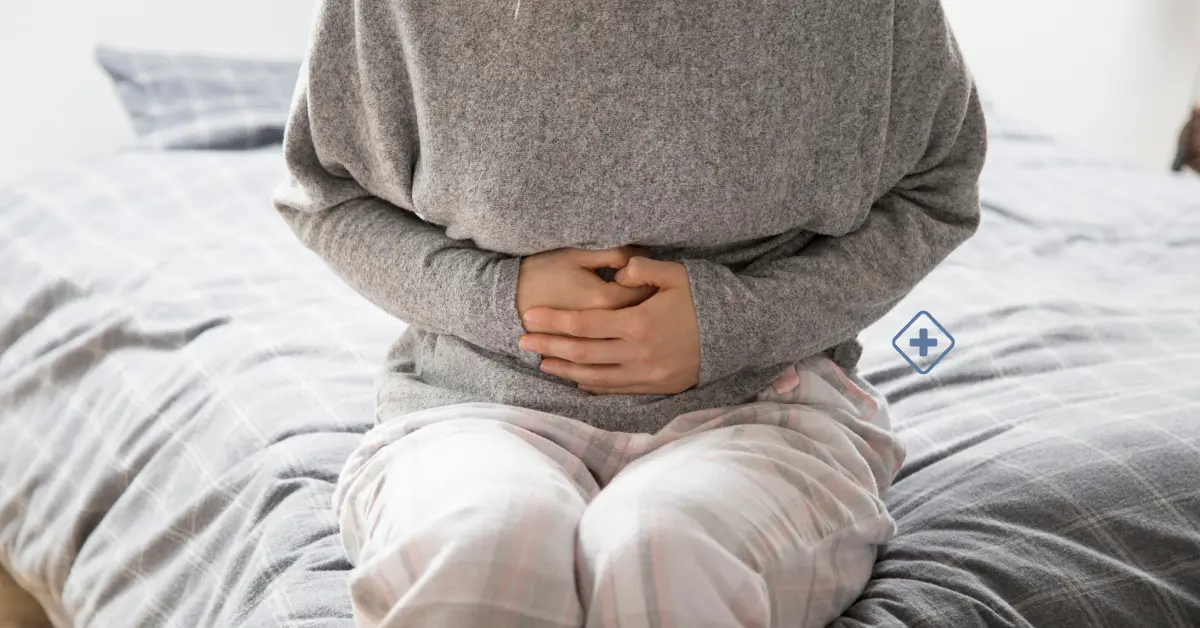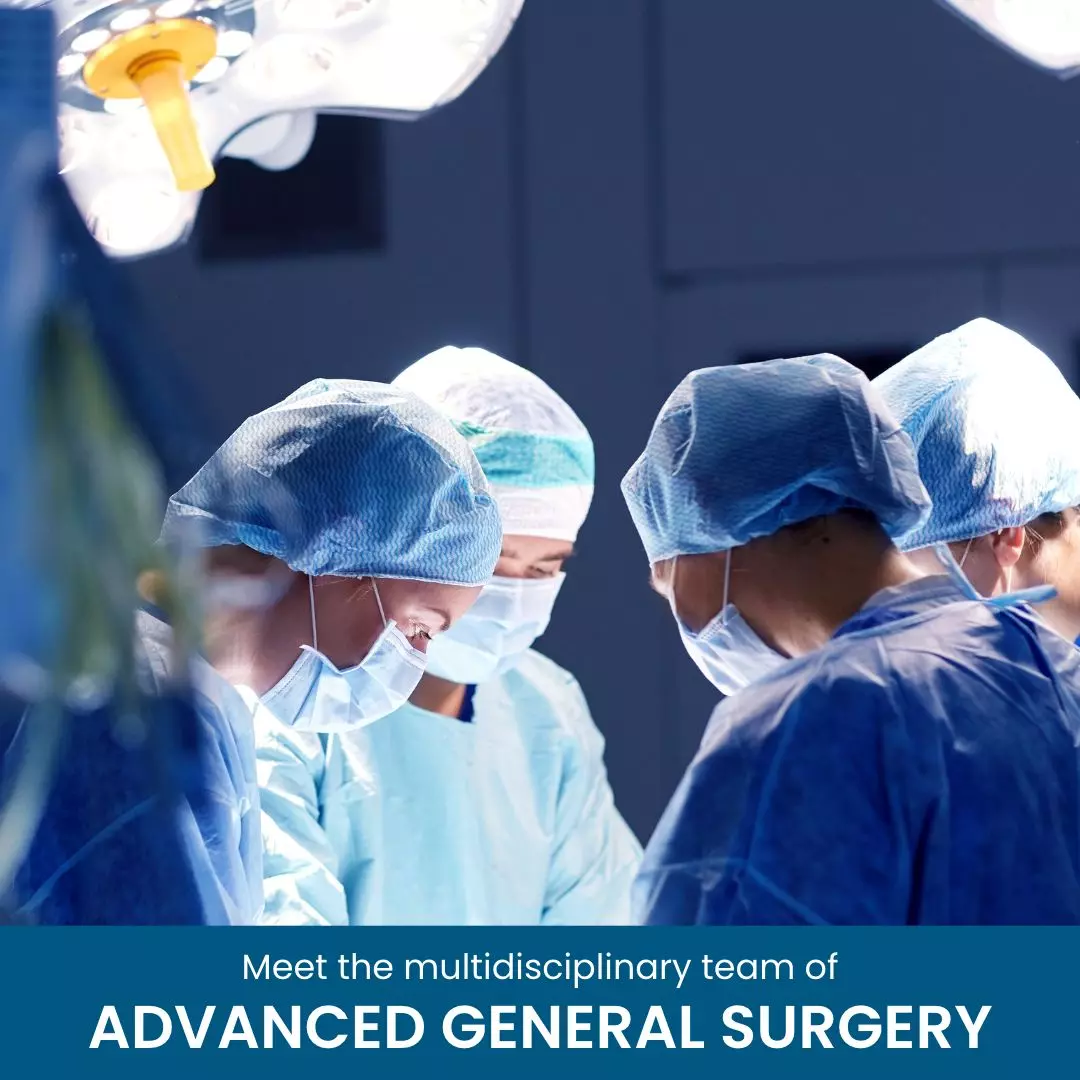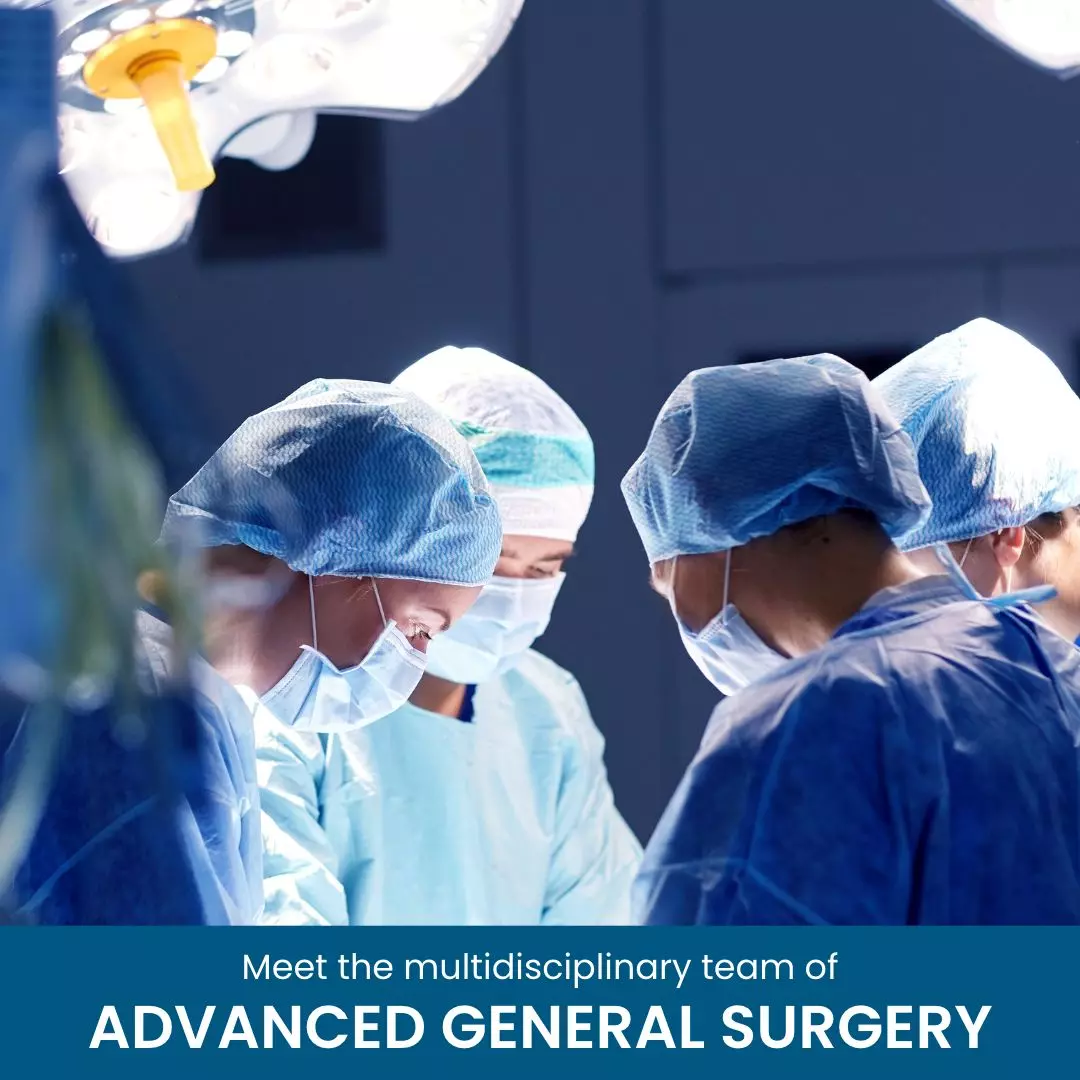
Well-child visits with the Pediatrician
The Well-child visits with the pediatrician are of vital importance for the development of the child. Visits to the pediatrician will give the doctor many opportunities to examine the child and catch potential problems early.
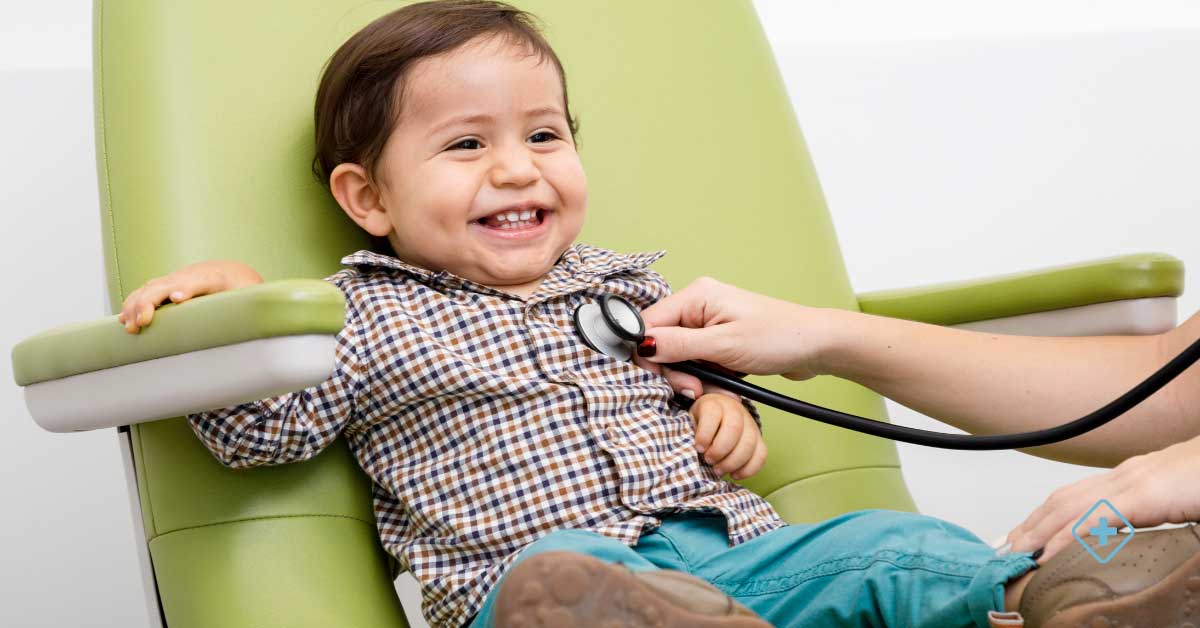
The Well-child visits with the pediatrician are of vital importance for the development of the child. Visits to the pediatrician will give the doctor many opportunities to examine the child and catch potential problems early. Schedule your appointment at the Children Clinic.
What does the pediatrician check during the consultations?
The doctor will focus on several details:
-
Vaccine update
During the injection, the doctor will explain how to hold your baby and help him stay still. This is not a pleasant time, consider taking a feeding bottle or a toy to distract his attention after the injection.
-
Complete physical examination
The physical examination, especially for the newborn baby, is thorough. Mention any concerns you have or areas you want the pediatrician to look at. Here is what the doctor should be looking at, in particular during the well-baby exam:
Head. The pediatrician will check for weak spots (fontanelles) on your baby's head. These are spaces between the bones of the skull where bone formation is not complete. The smallest spot on the back of the head usually closes between 2 and 3 months. The larger forward spot often closes around the age of 18 months.
Ears. The pediatrician will use an instrument called an otoscope to check for fluid or infection in your baby's ears. The baby will be subjected to various sounds or voices, and the doctor will observe his reactions.
Eyes. The pediatrician will examine the inside of your baby's eyes with an instrument called an ophthalmoscope. As your baby grows, the doctor may get your baby's attention and track their eye movements.
Mouth. The pediatrician may check your child's mouth opening (cleft palate). A glance in your baby's mouth may reveal signs of oral thrush, a common and easily treatable yeast infection. As your baby gets older, your doctor may ask if you have noticed more drooling or chewing than usual. These are often the first signs of teething.
Skin. Various skin conditions can be identified during the exam, including birthmarks and rashes.
Heart and lungs. The pediatrician will use a stethoscope to check for abnormal heart sounds (murmurs), rhythms, or difficulty breathing. Heart murmurs are often harmless, but sometimes it is recommended to see a specialist.
Abdomen. By gently pressing on your baby's tummy, the doctor may detect unusual tenderness, enlarged organs, or masses.
Hips and legs. The pediatrician may move your baby's legs to check for a dislocation or other problems with the hip joints.
Genitals. The pediatrician will likely inspect your baby's genitals for tenderness, lumps, or signs of infection. For boys, the doctor will make sure that both testicles have descended into the scrotum and, in case of circumcision, will check whether the penis is healing properly.
-
The emotional development and the life hygiene (sleep, nutrition, hygiene, safety or psychology, social skills)
During the appointment, the doctor will ask you to describe your child's behavior. Here are the questions he might ask you:
- How is your child's sleep? How many times does he wake up at night?
- How often do you feed your baby? If you are breastfeeding, are you having problems?
- How many diapers does your baby use per day? Does your child wet the bed?
- How active is your child?
- What is your child's temperament?
- How does he behave with other children?
- What is his behavior at school and at home?
The doctor may ask you questions about family life and your family's medical history. The doctor can also give you safety problems, to adapt your home or advise you new habits.
-
Motor development
Your child’s motor skills and development are important. Depending on your child age, be prepared to answer questions like these:
- Is your baby turning toward sights or sounds?
- Is your baby smiling or cooing?
- Is your baby reaching for objects?
- Does your baby response to and make corresponding facial expressions?
- Does your baby imitate the sound that you make?
- Can your baby support his or her head well?
- Does your baby attempt to roll over?
- Can your baby sit with support?
- Does your baby pull up into a standing position?
Preparation for your visit to the pediatrician
For many children, going to the pediatrician can be stressful. To prepare it, there are solutions:- Choose your appointment time carefully, avoiding nap time, baby’s bottle time or the end of the day
- Talk about the doctor and explain that his role is to take care of your child
- Explain to the child in detail how the consultation will be carried out
- Prepare your child's bag with, according to age, diapers, hygiene products, the health book and his blanket. To make you wait in the waiting room, it is also recommended to put some toys or books in the bag
- Avoid phrases such as "if you don't behave well, the doctor will give you an injection", since the child may interpret the vaccine as a punishment
- Manage your own fears before a medical consultation: the pediatrician is there to give you support, and not to judge you,
- Do not forget to bring the child's medical history
When should my child see the doctor?
- Newborn checkup
It must be done before his first ten days of life. A test is performed in order to detect a possible metabolic disease called phenylketonuria. Likewise, the medical history of the child is carried out, including pregnancy, childbirth, family history of diseases and everything related to the child at the time of birth.
-
First-month checkup
A physical examination is performed, in which the senses of sight and hearing, the coloration of the skin, the mucous membranes, the state of the fontanelles, and the neurological status and psychomotor development are assessed.
-
Two-month checkup
The vaccines are administered according to the vaccination schedule. it is checked whether the development of the child remains within normality, paying special attention to the assessment of reflexes and response to stimuli.
-
Check-up month 4, 6, 9 and 12
Vaccine administration. In the physical examination, his growth and psychomotor development are verified.
-
6-year-old Check-up
Vaccine administration. And complete physical examination, with special attention to sight and the musculoskeletal system. Of course, also locomotor development and language are checked.
-
12-year-old Check-up
-
14-year-old Check-up
Latest vaccine administration. Complete physical examination.
Schedule your appointment with the Children Clinic Team at BlueNetHospitals: (624) 151 0693.
BlueNetHospitals - Hospital Los Cabos
BlueNet Hospitals.
Trending Topics
Pediatrics and Neonatology
Trending Topics
Septoplasty
Septoplasty is a highly effective procedure for correcting a deviated septum
Ulcerative Colitis
Ulcerative colitis is an inflammatory bowel disease (IBD) that causes chronic inflammation.
Prostate-Specific Antigen (PSA)
The level of PSA in the blood can provide valuable information about prostate health.
Emphysema
Emphysema symptoms can be subtle at first but tend to worsen over time.
Health Library
Pediatrics and Neonatology
- Do You Need an Appointment with a Specialist?
- call us
- write us
- let's talk
